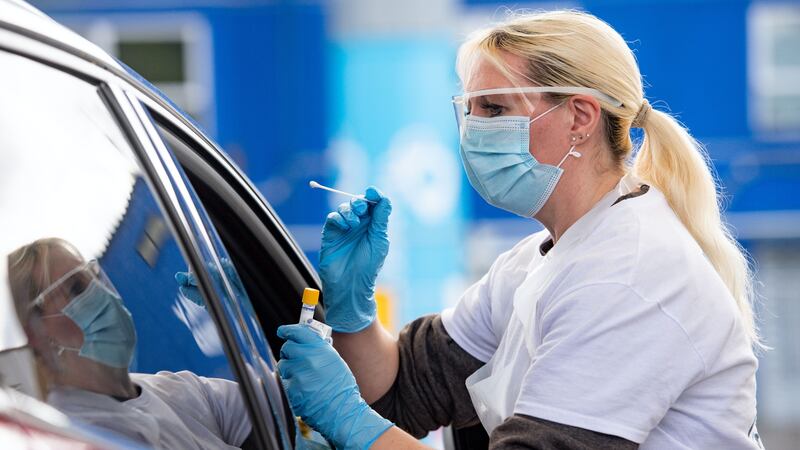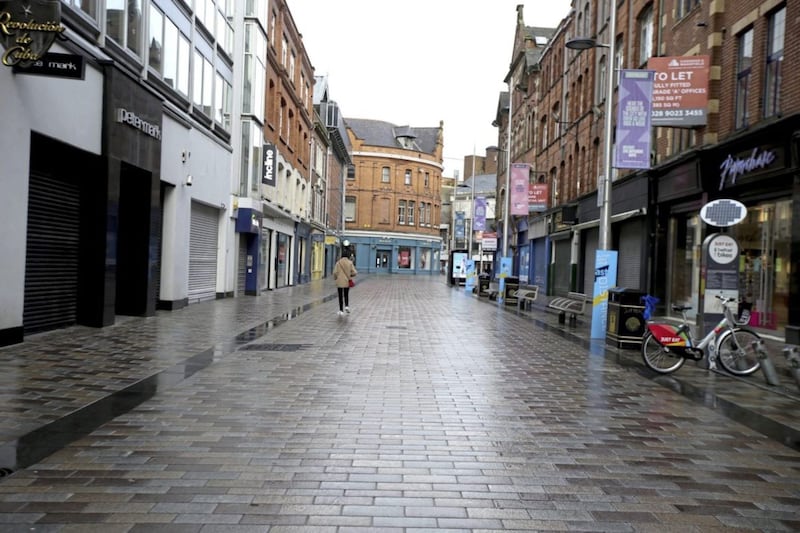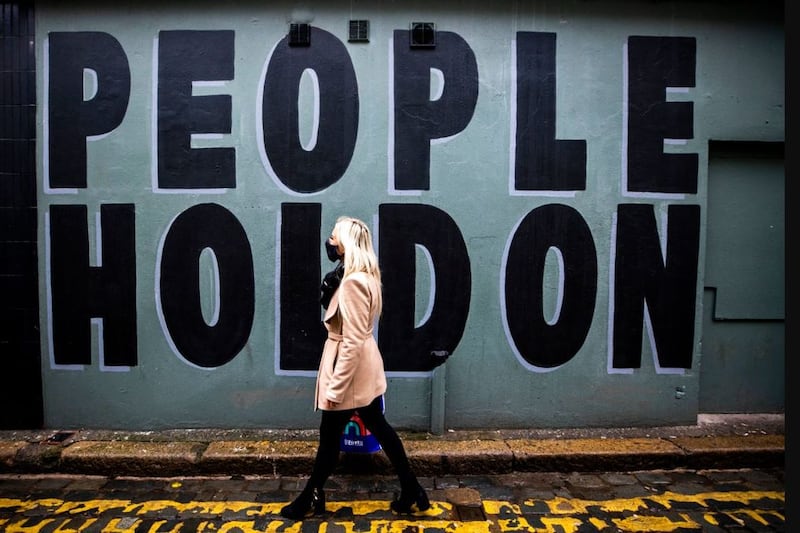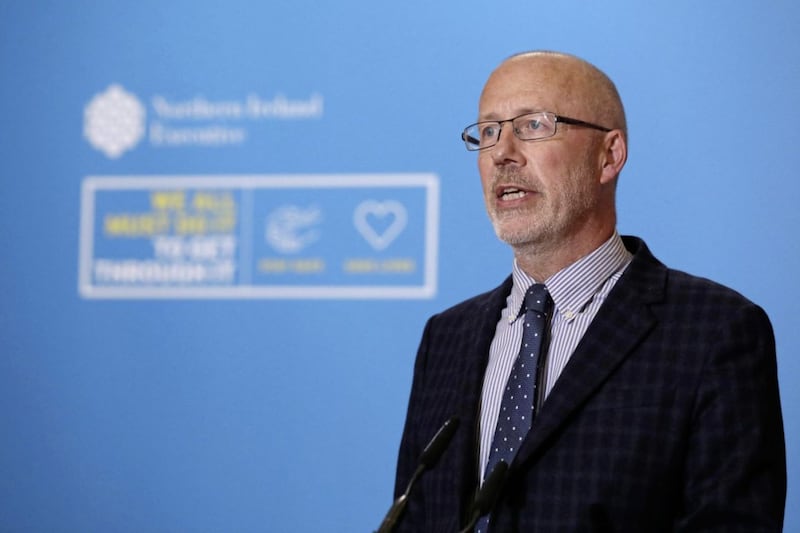The Republic of Ireland cannot close off from the rest of the world and must prepare for the risk of imported cases of coronavirus, the Taoiseach has said.
It comes as the European Union sets out a plan today for member states to reopen their borders.
Leo Varadkar said the government's strategy is not one of mitigation, but of suppression when it comes to coronavirus and all risk cannot be eliminated.
He said: "Ireland's goal is still trying to get the reproductive number to zero if possible by keeping the R number well below one. Unfortunately no strategy utterly insulates us from the risk of the virus re-emerging in our society.
"We share an open border with Northern Ireland which has unrestricted travel with Great Britain. Closing ourselves off is not an option for Ireland in the medium to long-term. We need to be prepared for the risk of imported cases as we reopen slowly to other countries."
Mr Varadkar said the easing of restrictions has not enabled the virus to make a comeback "so far", and the country is on course to fully reopen at the end of July.
"The government is now conducting extensive work with the help of the National Public Health Emergency Team (NPHET) on revising phase three and phase four of the roadmap so we can have the country almost fully opened by the end of July, instead of the middle of August as originally planned," he said.
Read more:Air passengers advised to check in all luggage to help to slow spread of coronavirus
Earlier, Dr David Nabarro, the World Health Organisation's (WHO) Covid-19 special envoy, told an Oireachtas committee he would be "surprised" if the Republic needs another phase of full lockdown.
He said: "I think there will be local areas where clusters would emerge and for a short period of time, movement restrictions would have to be imposed.
"I think the pattern for the future will be picking up outbreaks quickly due to a higher level of organisation.
"I personally believe a total lockdown is highly unlikely."
He said the percentage of coronavirus deaths in southern nursing homes is at the "upper end" of the scale compared to other countries, but added that may be down to more comprehensive reporting.
Fianna Fail TD Mary Butler said 62% of Covid-19 deaths have happened in nursing homes and residential health care settings and she asked if that is high compared to other countries.
He replied: "Internationally, the figure for fatalities in residential care for older people is around 25%. If we break it down, country by country, Switzerland is 53%, Sweden is 49%, Scotland is 46% - so Ireland is at the upper end of the spectrum.
"I think there is a very honest counting of numbers of coronavirus cases.
"Ireland moved quickly on a number of issues like trying to get PPE to staff in nursing homes and restricting visits to nursing homes and recognising visitors were a primary way of bringing in the virus. I think Ireland was possibly the fastest country to have done this. At the moment, there is not something that Ireland has not done."
He said it is proving a "huge challenge" worldwide to protect people in residential settings and nursing homes.
"Often the conditions people are being cared for are difficult to maintain when it comes to physical distancing and other requirements. They have to be up close and very personal. It is difficult for staff who have to work in homes," he said.
"I hope that those responsible for looking after the sector, both public and private, are looking at a package of measures for residents and staff - not just testing but also the physical conditions inside the home."
On the issue of masks or face coverings, he said Ireland must move from a policy of saying they "should" be worn to one which states they "must" be worn on shared transport and settings such as shops and enclosed spaces.
He said it is "really necessary" for people who work in close proximity of others to wear face coverings.
It came after another five Covid-19 deaths were reported yesterday, along with 19 new confirmed cases.
There have now been a total 1,695 Covid-19 related deaths in the Republic of Ireland and 25,231 cases.
There is currently a total of 102 confirmed cases in hospital, with 29 of these patients in ICU.
Meanwhile, the NHPET is meeting today to discuss the WHO's guidance on face coverings.
Senior government official Liz Canavan said: "We are aware of people's questions and concerns about the use of face coverings.
"NPHET meets today and will review the World Health Organisation guidance on face coverings.
"They will also consider communications regarding the appropriate use of face coverings in community settings."








